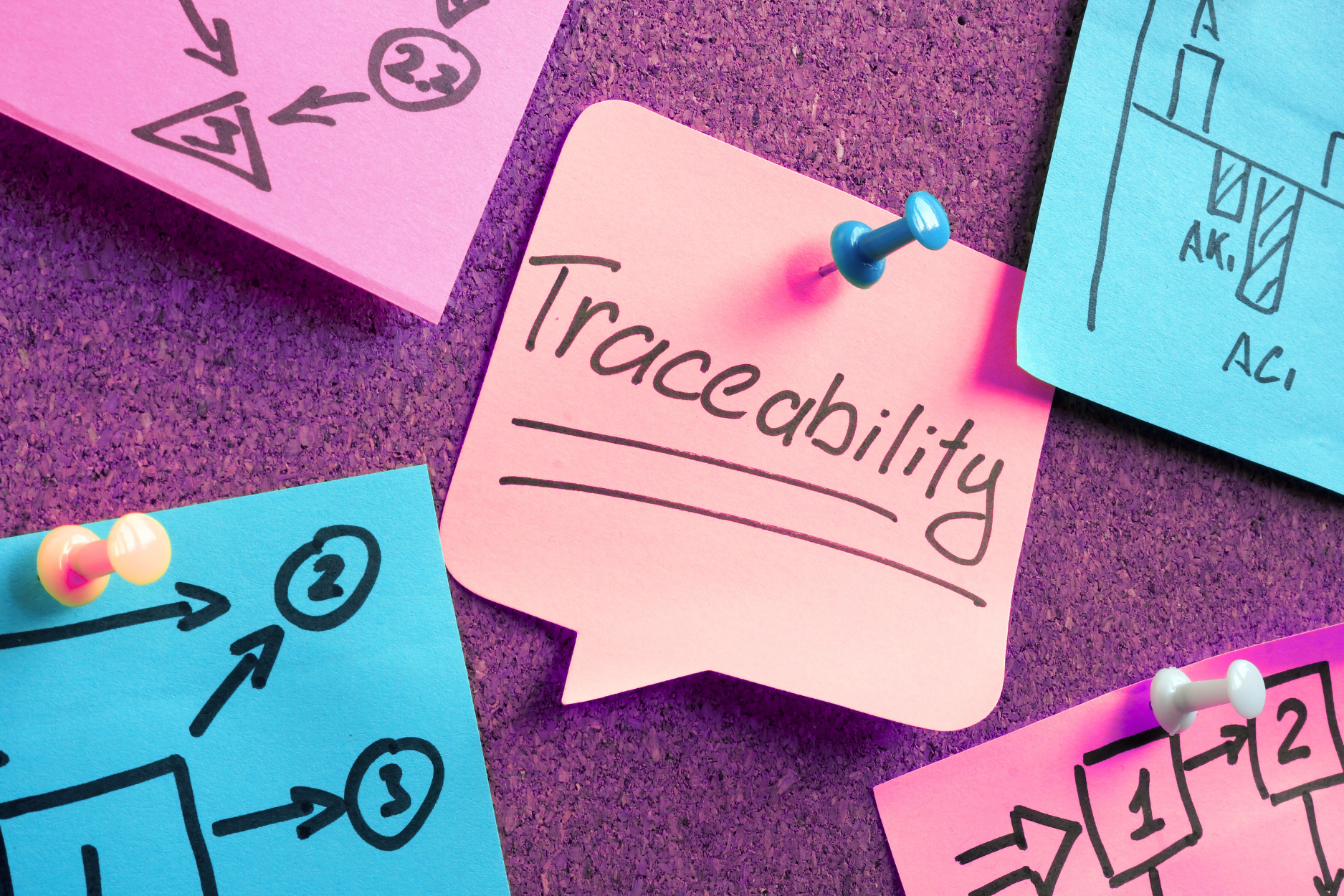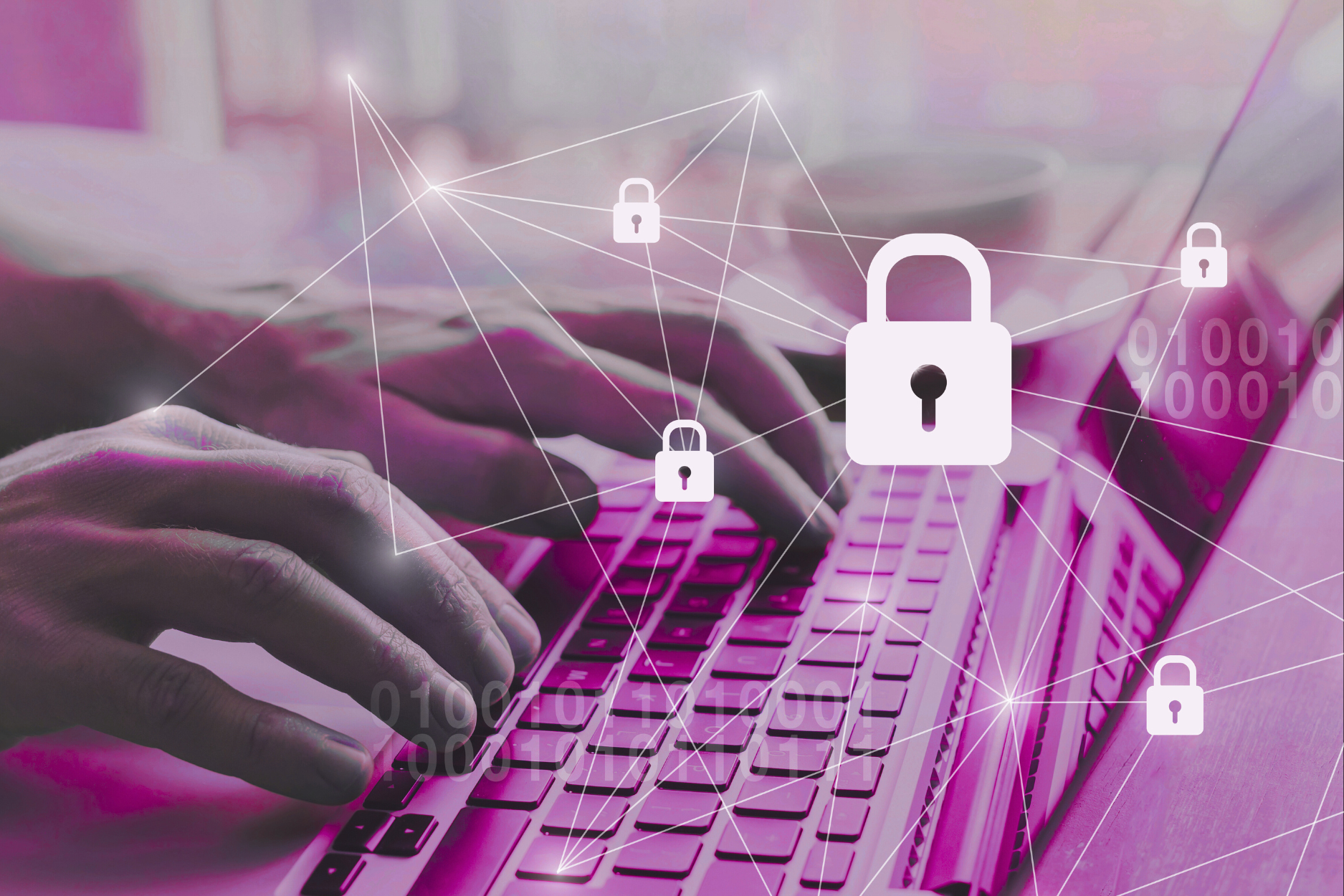Blockchain and logging: the new era of tamper-proof traceability
At a time when data is at the heart of all business activity, companies face a major challenge: ensuring the reliability and integrity of their information systems.
In a world governed by digital transformation, every action – connection, transaction, file modification – leaves a trace. But one question remains: are these traces trustworthy?

Log files and audit trails are the memory of organisations. They enable us to understand what happened in the event of an incident, prove the compliance of a process, analyse a cyberattack, or respond to a regulatory audit.
However, these logs are themselves vulnerable: they can be modified, deleted, or falsified by a malicious actor or even by internal error.
This is where blockchain provides a decisive solution.
Why is blockchain relevant?
Blockchain is a decentralised and immutable technology, where each piece of data recorded is protected by a cryptographic mechanism and entered into a tamper-proof chain.
When applied to logs and audit trails, it creates irrefutable technical and legal evidence:

- Each event is precisely time-stamped,
- Each log is sealed with a cryptographic hash,
- Any subsequent modification attempt is immediately detectable.
Result: your logs become an indisputable source of truth, verifiable at any time by an independent third party.
Concrete use cases
- Banking and insurance: prove that no customer contract or regulatory document has been modified after issuance, meet DORA and eIDAS requirements.
- Accounting: keep an accounting record proving that no information has been deleted and that any modifications are only made via a cancel and replace procedure for which the author and date can be identified.
- Healthcare: guarantee the integrity of access to medical records, prove who has consulted or modified sensitive data, and comply with the GDPR.
- Industry: track every operation in the production chain, from initial design to finished product, and respond to quality audits.
- Energy and utilities: securing access logs to critical infrastructure to prevent sabotage or intrusion.
- Public and legal sector: providing tamper-proof audit trails for public procurement, administrative decisions or legal evidence.
In each of these contexts, blockchain transforms a compliance obligation into a competitive advantage: transparency, trust, differentiation.
Legal added value
In European law, the eIDAS regulation recognises the probative value of electronic time stamps. The eIDAS 2.0 text of April 2024 mentions the concept of an Electronic Register, defined as a sequential recording of data ensuring its integrity and the accuracy of its chronological order. A definition designed for the application of blockchain!

French case law from 2025 (Marseille Court) confirmed that blockchain timestamping could constitute admissible and reliable evidence in intellectual property matters.
Applied to logs, this recognition means that your blockchain audit trails become not only technical tools, but also evidence that can be used in court.
Thus, in the event of a dispute, you no longer produce a simple JSON or CSV file or an easily contestable internal database, but robust and independent evidence supported by a decentralised infrastructure.
Tediji not only allows you to anchor these logs in the blockchain as files, but also directly anchors hundreds of thousands of individual items from your audit logs.
We also offer an Elastic Search connector to speed up your project if you store logs in this type of database.
A strategic vision
Adopting blockchain for your logs means:
- Meeting new regulatory requirements (DORA, GDPR, NIS2),
- Reducing the risk of disputes in audits or in court,
- Increasing the confidence of partners and customers,
- Transforming your compliance processes into a lever for innovation and transparency.
At a time when digital resilience is a top priority for regulators, blockchain is positioning itself as the cornerstone of reliable and tamper-proof traceability.
It does more than just protect your logs: it elevates them to the status of indisputable digital evidence, recognised both technically and legally.
For your business, this means a sustainable competitive advantage, enhanced compliance and a stronger relationship of trust with your customers, partners and authorities.

In short, with blockchain, your logs are no longer just a technical archive.
They become the foundation of your digital credibility.
To fully understand the application of blockchain in the context of traceability, we invite you to watch the webinar on traceability and blockchain hosted by our colleague 👉